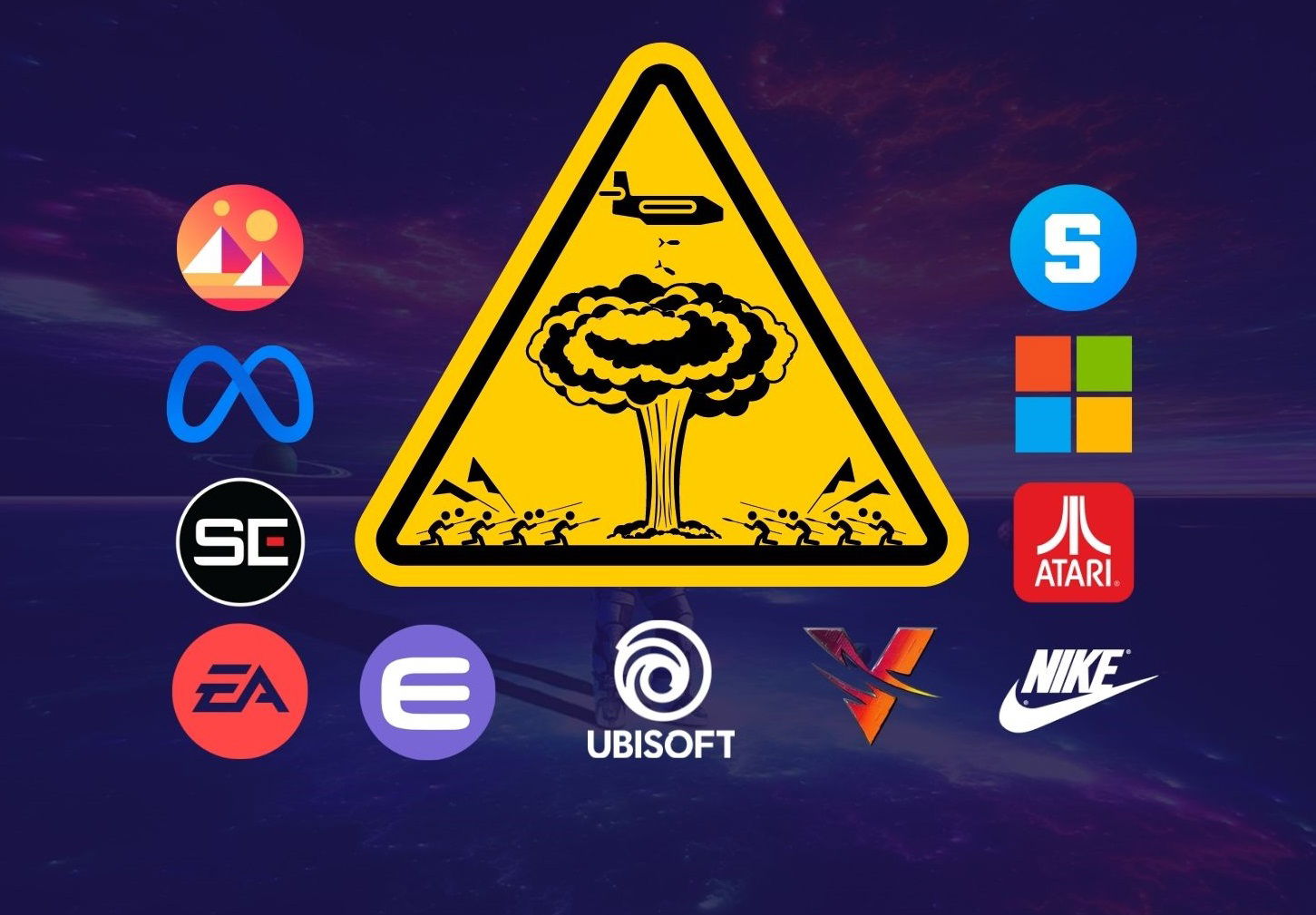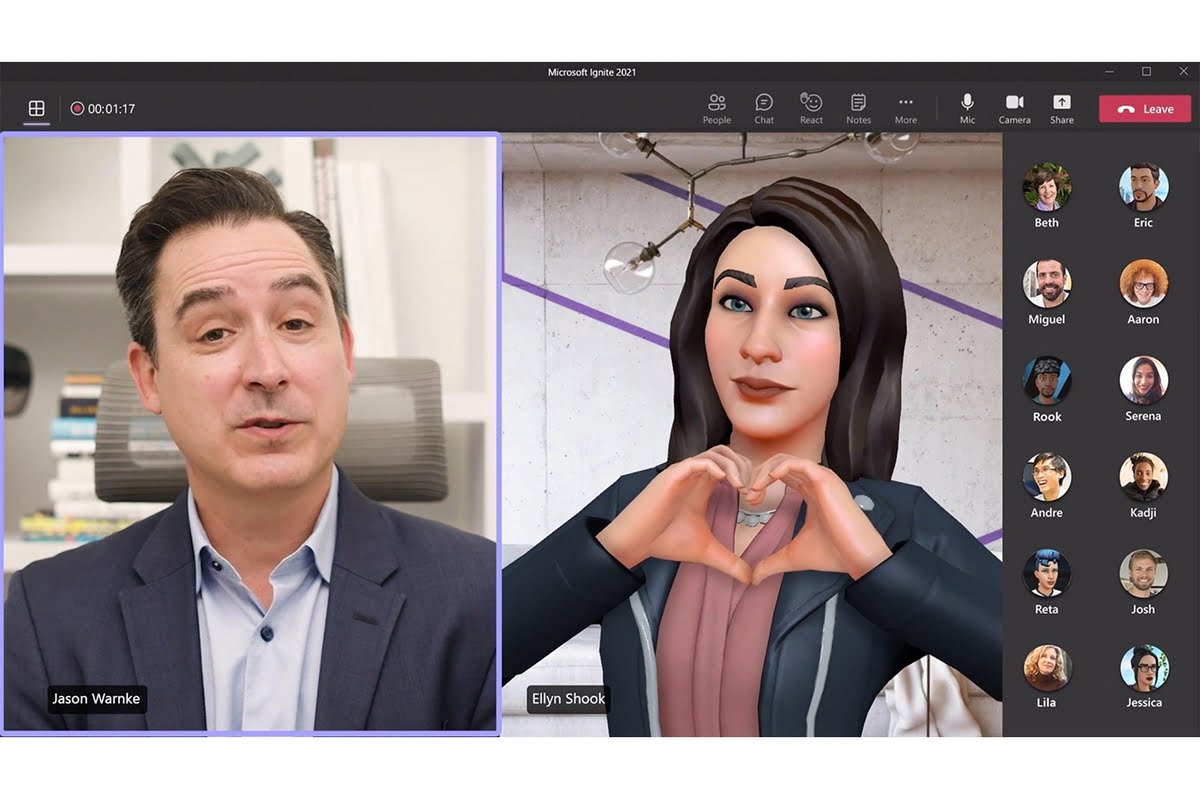
Are Office Workers Ready for the Metaverse?
After two years of virtual meetings and remote work, the tech industry is pushing for a further step into the digital realm: the metaverse. Microsoft and Facebook are both leading the charge, with plans to integrate their workplace communication platforms, Teams and Horizon Workrooms, into the metaverse.

Microsoft's approach is more gradual, starting with allowing users to appear as avatars in Teams meetings. Facebook, on the other hand, has jumped headfirst into VR with Horizon Workrooms, a free app that allows employees to collaborate in a virtual office using Oculus headsets.
Experts are divided on whether or not office workers are ready for the metaverse. Some argue that it's a natural progression of the digital workplace, while others worry that it will exacerbate the strains of the pandemic and undo the sense of control that many workers have gained over their working lives.

Facebook has jumped right into virtual reality with Horizon Workrooms, a free app that allows employees to collaborate in a virtual office using Oculus headsets. Users are represented by cartoonish avatar torsos with no legs, and spatial audio technology enhances the sense of presence by allowing users to hear from others around the room based on where they appear to be seated in the shared virtual space. According to experts in the field, Microsoft's more gradual approach — and the fact that 250 million people use Teams at least once a month, compared to Facebook's 7 million paying users for its existing workplace communications software — makes it the more likely place for workers to experience the new metaverse technology. According to Peter Barrett, a venture capitalist who has invested in augmented reality, mixing avatars and genuine faces in group meetings was a clever way to get people to feel comfortable interacting with cartoon versions of their colleagues.

However, he and others caution people may not welcome or find fulfillment in fresh forms of virtual work. After the strains of the pandemic, heaping more types of digital interaction on workers would not make up for what had been lost in human interaction, according to Barrett. "Everyone has had the exhausting experience of interacting with someone via Zoom. We want to be around other people." He also predicted that most users would find VR and AR headsets uncomfortable and intrusive after a short time, implying that the new virtual work experiences would "have to be extraordinary" to overcome the equipment's burden.
Sarah Roberts, an associate professor at the University of California, Los Angeles, added that drawing today's remote workers into virtual versions of the offices they left behind for large portions of their days would undo the sense of control many had gained over their working lives since the coronavirus crisis began would undo the sense of control many had gained over their working lives since the start of the coronavirus crisis. She stated, "We appear to be on the receiving end of the virtual replication of conference rooms and constant meetings." The reintroduction of this office staples shows "managers' desire to maintain control over the working class and their activities." Despite the risks and challenges of getting people to adopt new ways of working, the tech companies argue employers will turn to metaverses to foster collaboration when only a portion of their workforce has returned to work. Being the first to bring the technology to the office has another benefit for the tech companies creating the new metaverses: the opportunity to create the digital alter-egos that people are likely to carry with them in their wider working lives. Switching between metaverses would be like switching between websites on today's internet, according to Alex Kipman, Microsoft's technical fellow in charge of artificial intelligence and mixed reality — though, unlike today, users will want to take their persistent digital identity and other digital possessions with them as they move around.
According to Tom Wheeler, former chair of the US Federal Communications Commission and a fellow at the Brookings Institution, Facebook could use these new digital identities to track personal data as users moved through other metaverses because it was the place where many people were likely to create their personal avatars. "What's important is that my avatar will be constantly creating the 21st century's most valuable asset — digital information," Wheeler explained. "Will that information be interoperable?" That is no longer the case on the internet.


